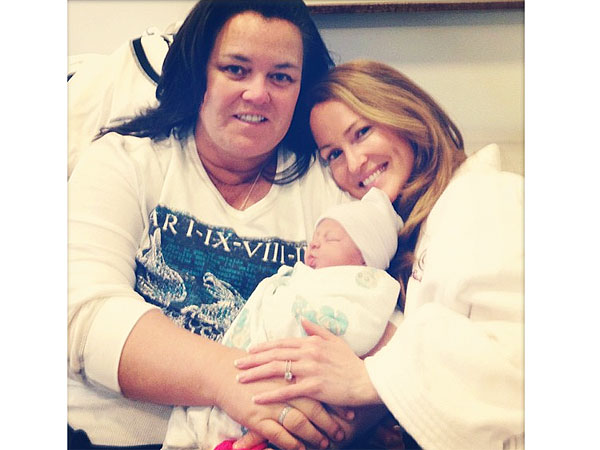Only on People.com
By Harley Pasternak
01/08/2013 at 03:45 PM EST
Harley Pasternak
Courtesy Harley Pasternak
Sleep well, stay lean!
When I don't get a good night's sleep, I'm exhausted, grumpy and starving! Needless to say, I don't have the energy to do my daily workout, and I eat everything in sight. After a few sleepless nights, I swear I feel myself actually getting a little heavier ... and I probably am!
There are several reasons why not getting enough (quality) sleep can make you gain weight.
The first has to do with your hormones – specifically, ghrelin and leptin. Ghrelin is an appetite-stimulating hormone produced in your stomach that tells your body when it should eat. Leptin influences energy expenditure and basically tells you when to stop eating. When you don't get enough sleep, your leptin levels decrease, so you feel less satisfied and eat more to compensate. And your ghrelin levels rise, so your appetite increases. Studies have shown that you may eat up to 20 percent more food because of this.
The second factor has to do with how lack of sleep leads not only to poor food choices but to decreased energy expenditure during the day. When we're tired, we're more likely to choose convenience over health when it comes to meals and snacks. We tell ourselves it's easier and faster to stop at the drive-through on the way home rather than prepare a nutritious meal. Also, we're more drawn to sugary sweets for an energy boost, which are just empty calories. Plus, we don't have the energy to go through the normal motions of our day, much less exercise, so we're burning minimal calories.
Finally, the longer you're awake, the more time you have to eat. If you eat dinner at 7 and don't go to bed until 12:30, you're probably going for a late snack. If you go to bed before you get hungry again, you're saving hundreds of calories and getting the rest your brain and body needs.
So let's resolve this year to get more sleep. Here are some tips my clients have shared with me over the years that have helped them get more zzz's.
1. Get ready for bed as soon as you get home.
This stops the "I'm too tired for bed" cycle that many of us know all too well – eating dinner and then watching TV or reading until we're already half asleep. Right when you get home, change in to your comfy clothes, wash your face, take out your contacts, etc. This mentally and physically prepares us for bed.
2. Make your bedroom a tech-free zone.
TVs and iPads and phones give us unnecessary stimulation when we're supposed to be relaxing. Then all night they're chirping and chiming at us – jeopardizing the quality of our sleep, which can be just as harmful as diminished quantity.
3. Be active all day.
Studies show that people who are physically active get more quality sleep than those who aren't. Go for a walk in the morning before work, and after dinner.
4. Have a caffeine cut-off.
As a self-professed coffee addict, this one is the hardest for me. Over years of trial and error, I've found that if I cut off caffeine intake by 2 p.m., I have a more restful night's sleep.
5. Plan ahead for tomorrow.
This one is key for my wife. Every night she lays out what she's going to wear the next day, and packs her lunch and snacks and sticks them in the fridge. She goes to bed knowing she won't have to scramble in the morning, which helps her rest easier.
6. Try sensory deprivation.
Don't laugh, but my wife and I both sleep with earplugs in. We find that by shutting out any and all sounds, we fall asleep faster and stay asleep longer. Try it. You'll see what I mean.
What are your favorite sleep tips? Tweet me @harleypasternak – and let me know.
Check back every Wednesday for more insider tips from celebrity trainer Harley Pasternak on Hollywood's hottest bodies – and learn how to get one yourself! Plus: Follow Harley on Twitter at @harleypasternak










